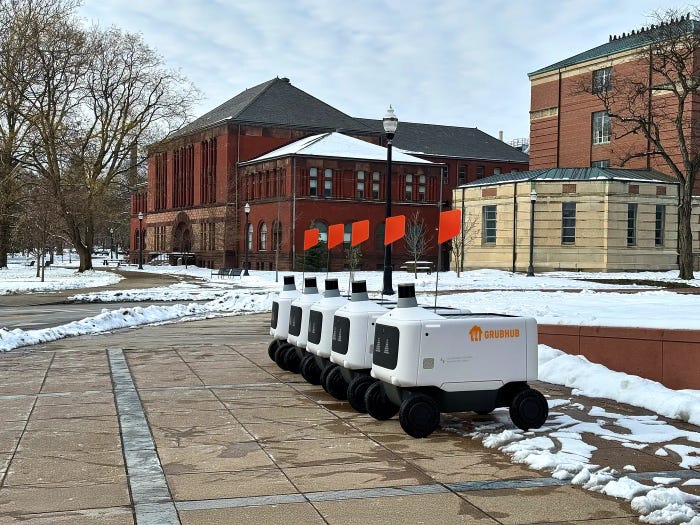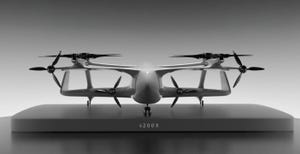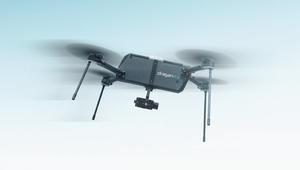Researchers Develop System to Guide Autonomous ShipsResearchers Develop System to Guide Autonomous Ships
The system, designed by the Korea Maritime & Ocean University, improves sustainability and performance of autonomous ships

A group of researchers has developed a new path-following system for autonomous ships, designed to improve vessels’ navigation capabilities and reduce greenhouse gas emissions.
Developed by a team at the National Korea Maritime & Ocean University, the system uses a free-running computational fluid dynamics model (CFD) combined with the line-of-sight (LOS) guidance system.
“We employed a CFD model…that can incorporate viscous and turbulent effects and the free surface resolution critical to path-following problems, enabling a better prediction of path-following performance,” said study co-author Daejeong Kim.
The system is designed to provide more precise readings as compared to traditional methods, which generally have low accuracy levels.
“An essential requirement of maritime autonomous surface ships (MASS) is the ability to follow a predetermined path at sea, considering factors such as obstacles, water depth and ship maneuverability,” the team said in a statement. “Any deviation from this path, say, due to adverse weather conditions, poses serious risks like collision, contact or grounding incidents.
“Current methods for assessing the path-following performance…are unable to capture the complicated interactions between the hull, propeller, rudder and external loads of ships, leading to inaccurate estimates of path-following performance.”
The new system also responds to the International Maritime Organization’s Energy Efficiency Design Index regulations, with the system able to determine the minimum propulsion needed to power ships during bad weather.
While further investigation is needed, the team said the initial study provides a promising foundation for creating autonomous maritime navigation systems.
“The proposed CFD-based model can provide a valuable contribution to enhancing the safety of autonomous marine navigation,” said Kim. “Moreover, it can also offer low-cost alternatives to model-scale free-running experiments or full-scale sea trials.”
Hyundai subsidiary Avikus carried out autonomous navigation of a large ship across the ocean in 2022, becoming the first company to accomplish such a feat. The Avikus navigation system creates optimal routes and speeds based on the Hyundai Global Service Integrated Smartship Solution.
Read more about:
AsiaAbout the Author
You May Also Like


.jpg?width=700&auto=webp&quality=80&disable=upscale)
.jpg?width=700&auto=webp&quality=80&disable=upscale)

.jpg?width=300&auto=webp&quality=80&disable=upscale)


